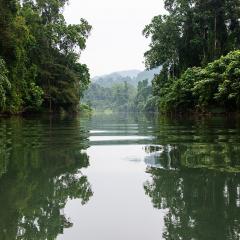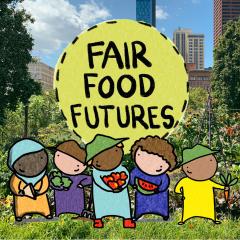Despite the growing recognition that Indigenous peoples play a crucial role in the design of effective responses to the global climate crisis, their participation in international climate governance forums — including the 2021 UN Climate Change Conference in Glasgow (COP26), which has just concluded — remains constrained. Indigenous communities have a particular stake in climate developments, including driving decarbonisation and the global energy transition. Yet, Indigenous laws, cultures, practices, and knowledges are often underrepresented and excluded. This exclusion is contrary to both the democratic functioning of global climate decision-making and countries’ Indigenous rights obligations.
It is a crucial time for climate change action. After being delayed by a year due to the pandemic, COP26 was heralded as a pivotal moment, as “make or break” for the planet. But many activists are already calling it a “failure”. Among other problems, Indigenous communities and a broad base of civil society organisations have reported that restricted access to vital negotiations had undermined the credibility and effectiveness of the agreement.
Please read the full article here.


